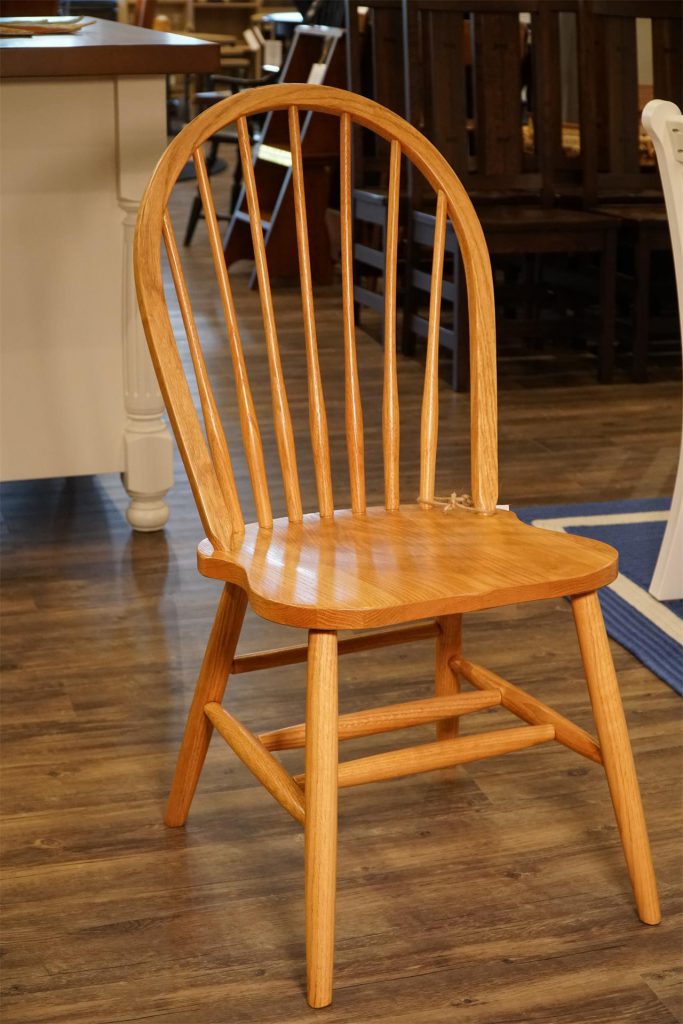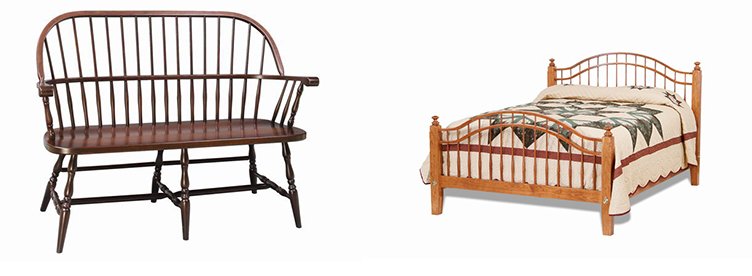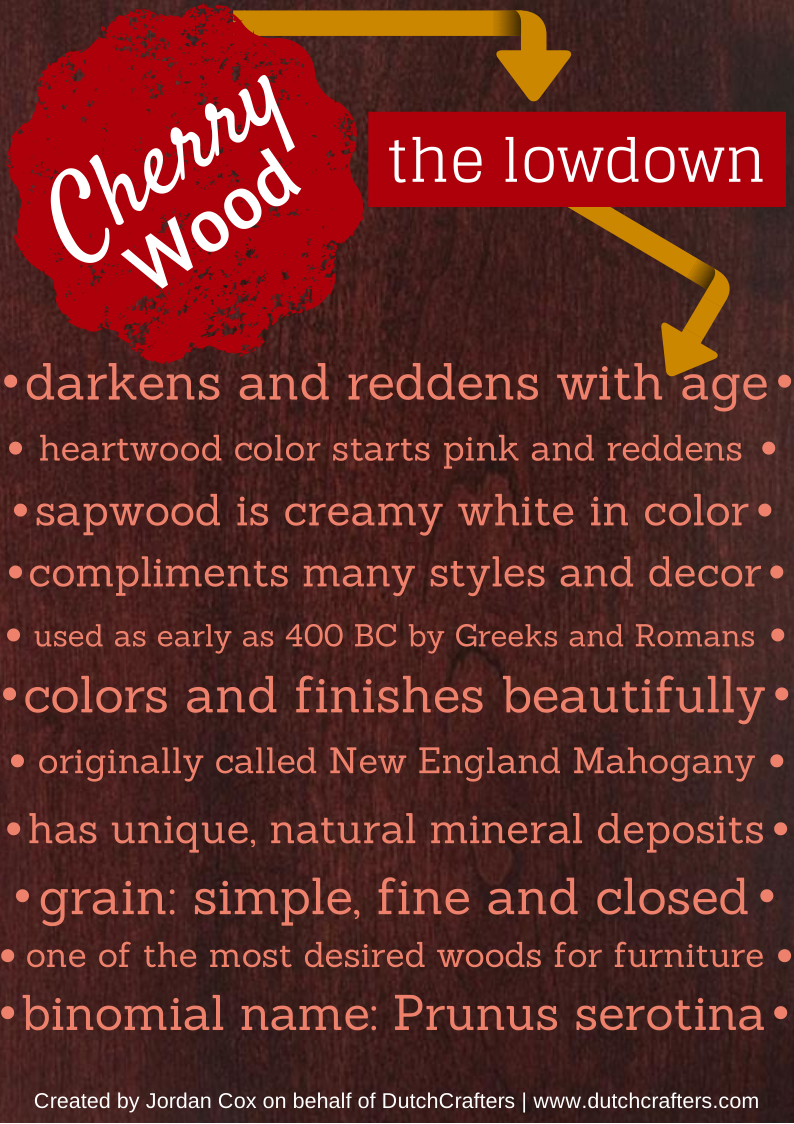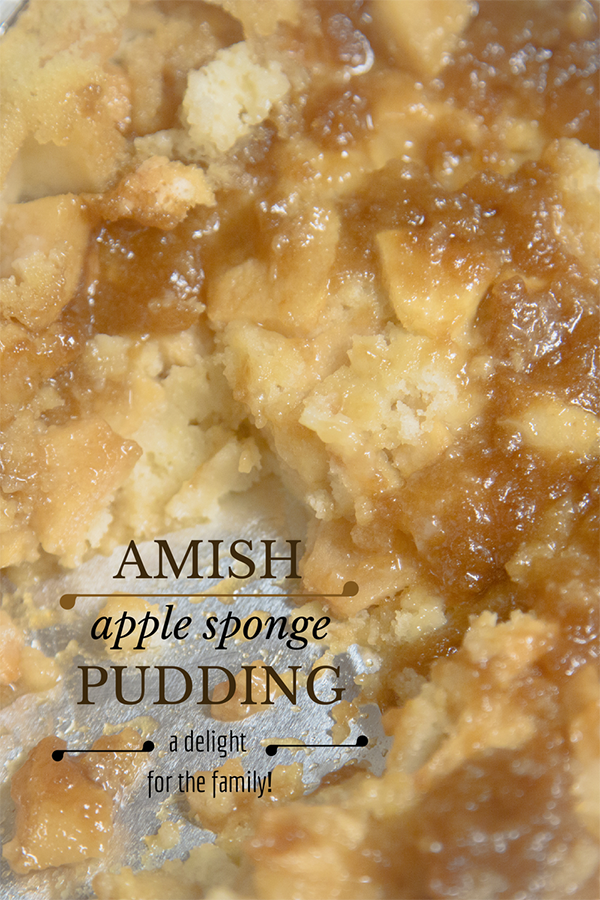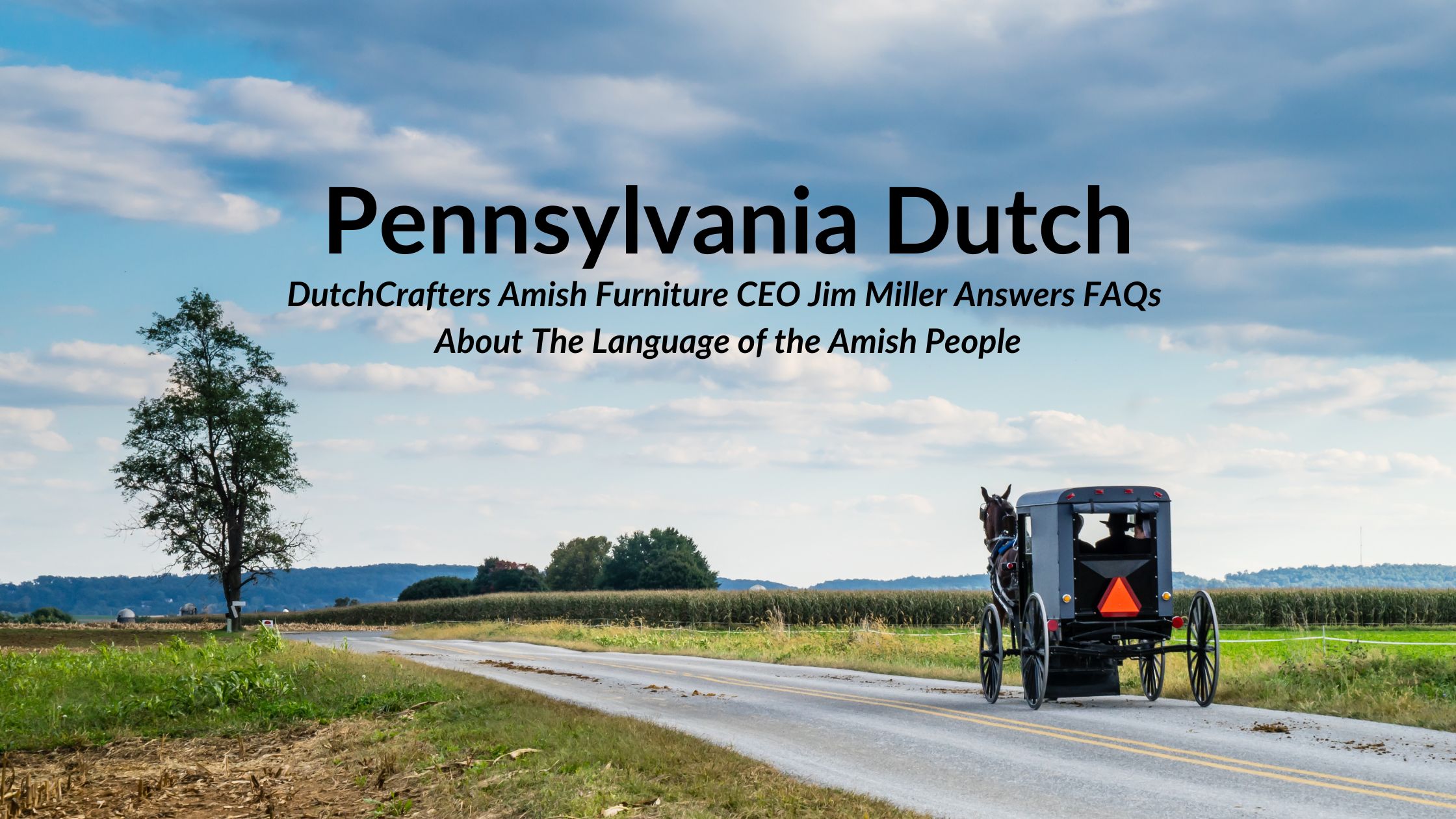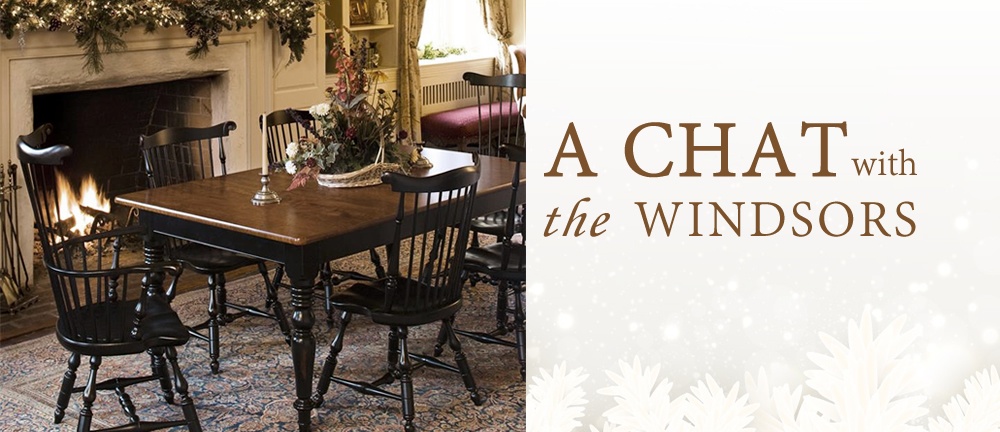
A Chat with the Windsors
A comfortable and functional seat, the story of the Windsor chair dates back to the start of the 18th century. To tell the tale accurately, our content writer and FAQ video host Beth Rice asked three members of the Windsor family to share a little bit of their history.
Beth Rice: I’d like to welcome Bow Back Windsor, Fanback Windsor, and Comb-Back Windsor, three variations of the original Windsor chair, to our panel today.
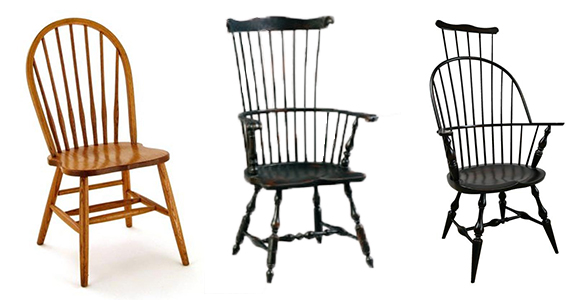
The Windsors (from left to right): Bow Back, Fanback, and Comb-Back.
Comb-Back Windsor: I don’t like to be referred to as a variation, thank you.
BR: Oh, I beg your pardon. Let’s start again. Good morning and welcome first to Bow Back.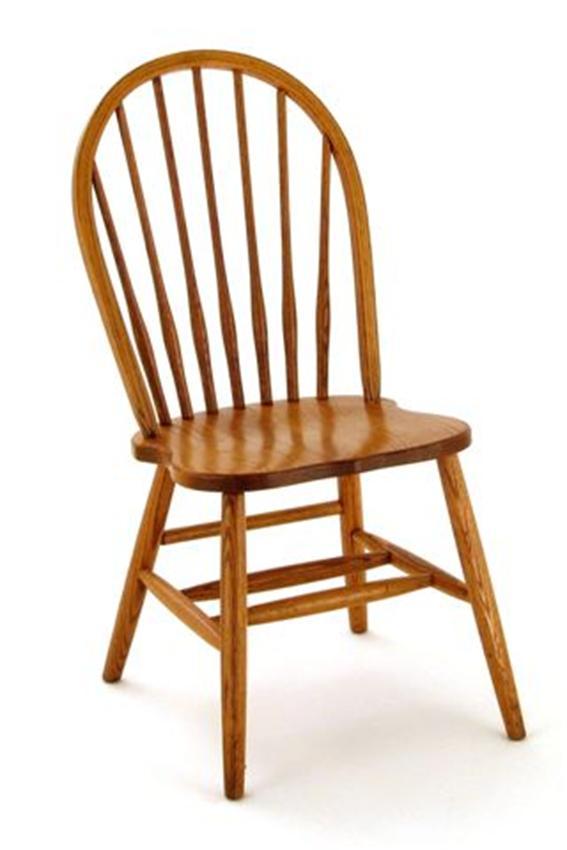 Bow Back Windsor: Good Morning. Our development in this great land spread far and wide, even with the Founding Fathers. My great, great, great, great grandfather himself sat in for the signing of the Declaration. That day helped to propel Windsor style to the icon it is today. I’ve seen many variations, as you mentioned earlier, throughout the years, but the comfort and simple style of our seat never wanes.
Bow Back Windsor: Good Morning. Our development in this great land spread far and wide, even with the Founding Fathers. My great, great, great, great grandfather himself sat in for the signing of the Declaration. That day helped to propel Windsor style to the icon it is today. I’ve seen many variations, as you mentioned earlier, throughout the years, but the comfort and simple style of our seat never wanes.
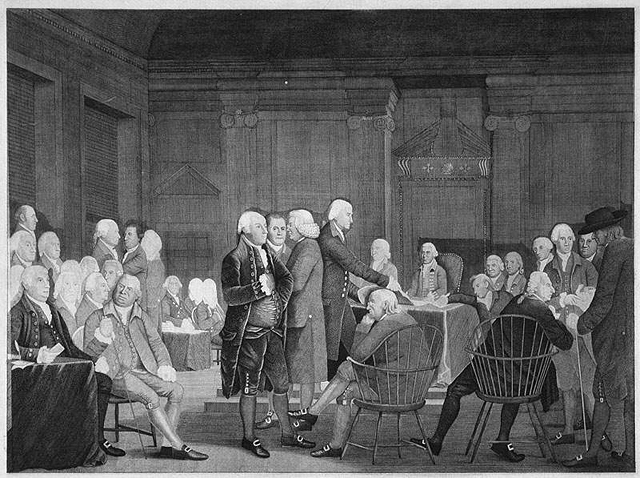
Windsor Chairs at the signing of The Declaration of Independence
photo credit: history.hanover.edu
BR: Wow, that’s incredible. Good Morning to you, Fanback.
Fanback Windsor: Howdy. I can say I’m as happy as a buttered biscuit to join y’all. In my neck of the woods, I reckon we Windsors are still quite popular. Windsors fit every country style kitchen, cottage, and dining room.
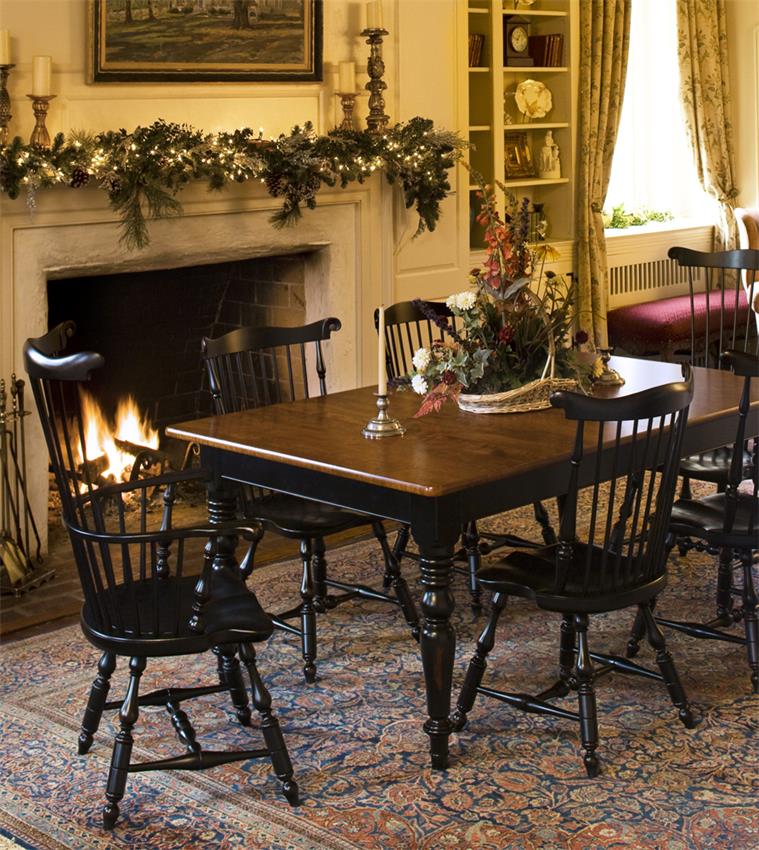
Comb Back Windsor: Not to mention all the bars you frequent.
BR: Well the Windsor chair is a comfortable choice for restaurant and bar seating.
(Silence.)
BR: Finally, good morning and welcome to you, Comb-Back.
Comb-Back Windsor: I prefer to be called Ms. Comb-Back Windsor, please. I’ve lost track of my exact rank, but I believe I’ve earned my title.
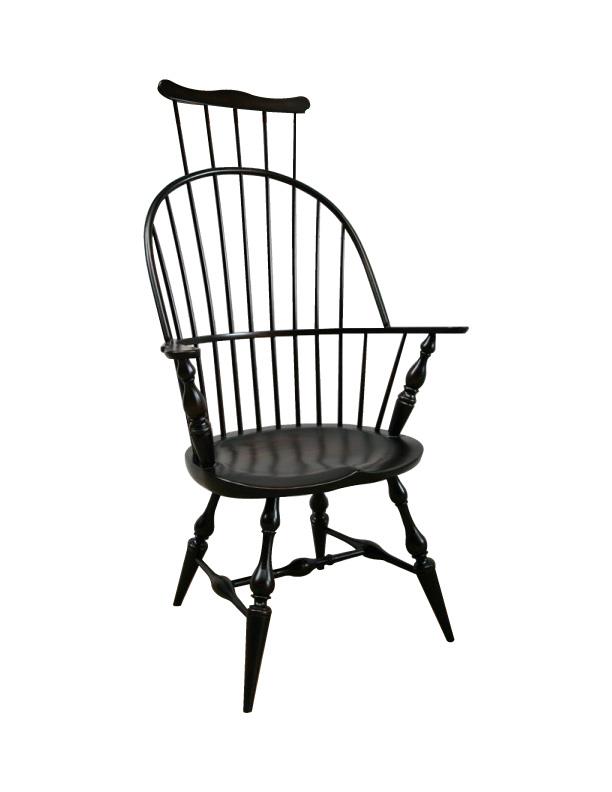
BR: Oh, sorry, of course. The legend surrounding the Windsor chair is that in 1710, King George II was caught in a rain storm and sought refuge at a cottage. There he was offered a seat that he was so impressed with, he had his furniture maker duplicate the design to be used in the gardens at Windsor Castle.
BBW: That’s correct.
BR: Can you tell us a bit about that design?
BBW: The original Windsor featured a sculpted wood seat, with the back and sides made of multiple, thin, turned spindles attached to the seat. This was supported by legs that splayed outward while the back reclined slightly. We were mostly used in gardens in the beginning and were often painted green.
The Amish Alexandria Windsor Swivel Counter and Bar Stool .
CBW: I believe I’m the closest representation to the original.
FBW: She’s pretty as a peach, but I reckon she’s stuck up higher than a light pole.
CBW: I’m just pointing out that I represent one of the earlier Windsor styles.
FBW: Our ancestors came over with the pilgrims, I reckon, and a style that got its start in England was perfected here in America. Craftsmen took out a central splat that was popular in the originals and built all kinds ‘a styles. Soon Windsors were bein’ used inside and outside. Just about everywhere grass can grow!
BR: Could you each describe a bit about your features and functions? Bow Back, why don’t we start with you?
BBW: Certainly, I’d be honored. A bow back Windsor chair incorporates the technique of steam bending, which involves heating the wood to make it bendable. I have a curved chair bow and a steam bent back with seven tapered spindles. I come in either plain or turned leg. I’ve got on my smooth, plain legs for this interview. I didn’t want to overdress.
Bow Back Windsor at our Sarasota, FL store
FBW: We fanbacks are all about being friendly. Our spindles fan out like peacock feathers, I reckon.
CBW: A comb-back Windsor, like me, is light as a wisp and easy to carry. I wear elaborately turned legs. Some models have legs crafted to look like bamboo stalks, but I prefer mine. A good Windsor is light, strong, graceful, and durable with a simplicity that blends in well. I also have something these two don’t.
FBW: Here’s where she gets just too big for her britches.
BR: What would that be, Ms. Comb-Back Windsor?
CBW: It’s called a multi-wood construction option. It means I have not one, but three types of wood used in my form. Poplar for my seat, hickory in my bow, and brown maple for my spindles and stretchers — like the originals. It makes me strong, shapely, and supportive to do my best work.
BR: Are there characteristics of other Windsors that you wish were incorporated in your style?
CBW: No.
BBW: I’ve always admired the Continuous Arm Windsor. The arms and rim are made of a single, bent piece of wood. These Windsors keep a light and airy look, but the continuous arm reinforces their strength.
FBW: If I had my druthers, I reckon I’d like that multi-wood construction option myself. That hickory wood is good for the joints. The way it bends would help keep me from getting worn slap out.
CBW: As if that would help.
FBW: Oh, she’s got a burr in her saddle now.
CBW: Adirondack beast.
FBW: Deflated bean bag.
BBW: That’s enough, both of you. Please excuse my relatives for getting off track. It’s important to note that the golden age of the Windsor Chair was from 1725-1860. We were everywhere from gardens to porches to dining rooms and libraries. Windsor style expanded to benches, beds, and desks. However, because we were relatively simple and inexpensive to make, the Windsor name suffered from mass manufacturing.
Amish Franklin Sack Back Windsor Bench | Amish Shaker Windsor Bed
BBW: The Colonial Revival of 1910 and the growth in popularity of the Arts and Crafts style brought attention back around to our fine form. Windsor furniture remains versatile, functional, beautiful, and strong. We are still made to this day in England and America.
BR: I’d like to thank you all for joining us today.
CBW: You’re welcome.
FBW: Bless your heart.
BBW: My pleasure.
__
View all the characteristics that have made the Windsor a beloved favorite in this DutchCrafters Quick Clip of the American Made Reproduction Windsor Bar Stool.



